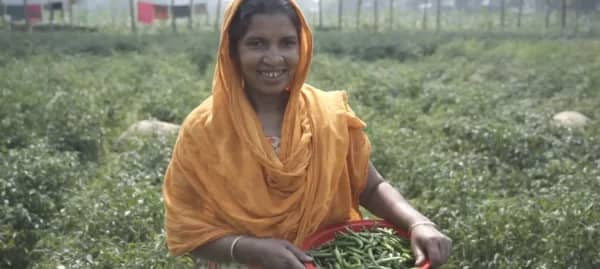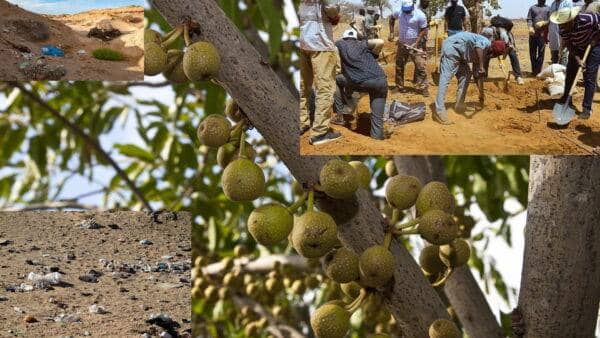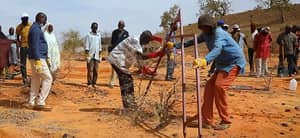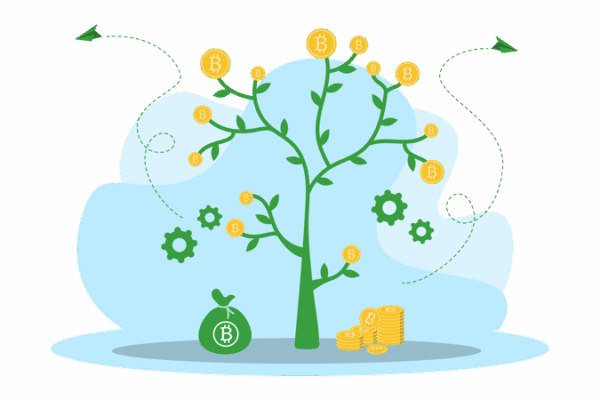Empowering Women, Empowering Families: How You Can Make a Difference
The relentless sun beat down on the cracked earth of rural Bangladesh. Aisha, a woman etched with the lines of hardship but her eyes sparkling with determination, surveyed the land – a once-vibrant field now reduced to a barren reminder of their struggles. For years, she, the head of her family, had tirelessly fought poverty, a foe that threatened to steal not just their livelihood, but their very hope.
But Aisha wasn’t one to give up. Within her, a fire burned – a fierce love for her family and an unwavering belief in a brighter future. This fire resonated with the mission of Our Islamic Charity. We believe that within every struggle lies the spark of potential, waiting to be ignited. With the support of generous donors like you, particularly those utilizing the innovative world of cryptocurrency donations, we empower individuals like Aisha to rise above their circumstances and become the architects of their own success stories.
The Strength of Women: the Cornerstone of Families
Across the Islamic world, countless women like Aisha shoulder immense responsibility. They are mothers, sisters, daughters – the anchors that hold families together.
Aisha’s story isn’t just about one woman’s triumph; it’s a testament to the transformative power of community and the ripple effect of compassion. Through your contributions, our Islamic Charity identified the well on Aisha’s land – a lifeline choked by neglect. With renewed resources, the well was restored, its waters once again a beacon of hope.
This seemingly simple act was the catalyst for a remarkable transformation. The life-giving water breathed new life into the parched earth. Aisha, with her inherent resilience and unwavering spirit, seized the opportunity. She wasn’t alone. Her sisters, equally determined, joined her side. Together, they rolled up their sleeves, the calloused hands that once held worry now gripping the tools of a brighter future.
Aisha’s farm flourished. Where once there was only dust, vibrant crops began to sprout. This wasn’t just a source of sustenance for her own family; it became a beacon of opportunity for their neighbors. Soon, five families, including Aisha’s sisters and even a brother who had been struggling to find work, were drawn into the circle of hope.

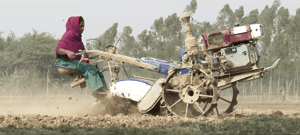
Empowering the Family: Saving from Poverty
Today, Aisha’s farm is a testament to the power of collective effort. A total of 28 individuals, bound by shared purpose and fueled by your generous crypto donations, now find their livelihoods intertwined. The once-barren land is now a symbol of abundance, not just of crops, but of resilience, sisterhood, and the boundless potential that unfolds when we empower women like Aisha.
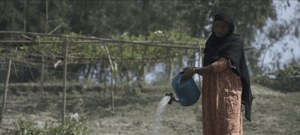
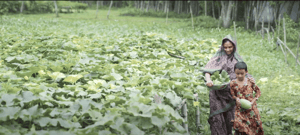
Be a Part of the Change: Donate Crypto Today
This is just one story among countless others. By supporting Our Islamic Charity, you become a part of a movement that uplifts entire communities. Your crypto donation, no matter the amount, fuels this movement. It provides access to clean water, education, and crucial resources needed to build a future brimming with possibilities.
Join us in creating a lasting impact. Donate your crypto assets today and be a part of the change. Together, we can transform parched fields into flourishing families, one story of empowerment at a time.


